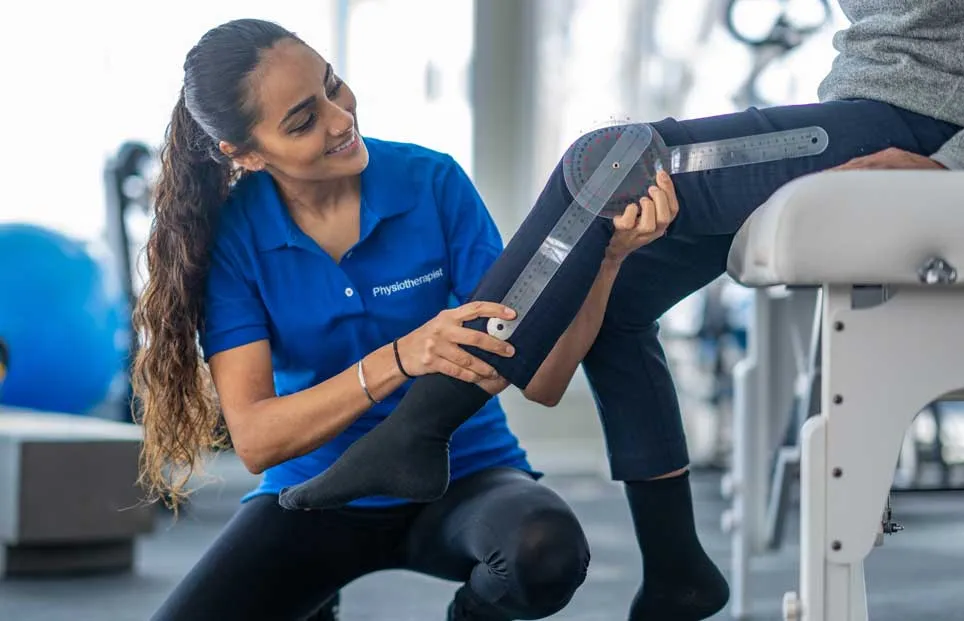Equilibrium and steadiness are essential components of physical fitness and overall well-being. They serve a vital role in everyday tasks, athletic capability, and harm prevention. When an person has strong equilibrium and steadiness, they are less likely to trip or incur damages during bodily activities. One effective way to evaluate these attributes is through Practical Motion Assessment (FMS). FMS is a tool used to evaluate movement patterns and identify imbalances or weaknesses that could result to harm.
Practical Motion Assessment includes a series of specific tests that examine how well a person moves. The tests concentrate on basic actions such as squat, lunging, and bending. By watching these actions, trainers and medical professionals can identify areas where an person may struggle. For example, if someone has trouble maintaining balance while executing a squatting, it may indicate a need for specific workouts to improve strength and coordination. This assessment not only identifies weaknesses but also helps to monitor advancement over time.

In addition to this to recognizing areas for improvement, FMS serves a crucial part in avoiding harm. Many injuries occur as a result of poor movement patterns, which can be identified through practical evaluations. By addressing these problems early on, people can lower their likelihood of injury during sports or other physical exercises. For instance, a runner who shows an discrepancy in their stride may be increasingly susceptible to knee injuries. By correcting these imbalances through targeted exercise programs, the likelihood their explanation of harm can be significantly reduced.
Furthermore, enhancing performance is another advantage of performing a thorough assessment of balance and steadiness. Sportspeople and active look these up individuals often seek to improve their capability in particular activities or tasks. A thorough understanding of their motion styles allows coaches to create customized training regimens that target specific deficiencies. By enhancing balance and stability, sportspeople can improve their total performance, whether it’s running faster, jumping taller, or performing precise movements in their activity.
In summary, the importance of assessing equilibrium and steadiness through Functional Motion Assessment cannot be overstated. This comprehensive evaluation serves as a basis for improving bodily wellness, preventing injuries, and improving sporting capability. By recognizing areas of weakness and implementing specific exercise strategies, people can attain better outcomes in their bodily exercises. Emphasizing balance and stability not only results to better performance but also adds to a more wholesome, more active way of life.